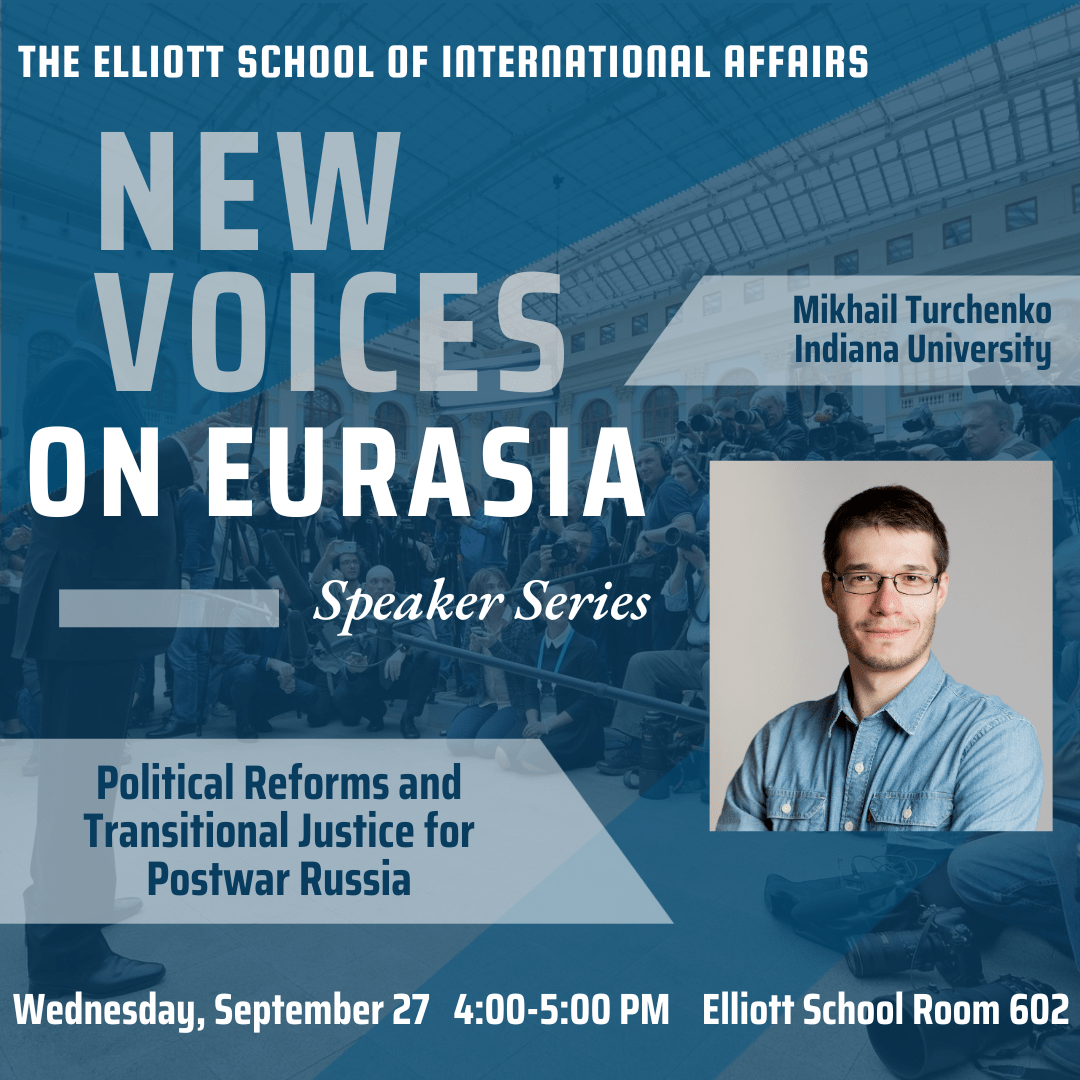
Political Reforms and Transitional Justice for Postwar Russia
Political Reforms and Transitional Justice for Postwar Russia: Evidence from In-depth Interviews with Russian Wartime Migrants
In case of a regime change, Russia will not be able to move forward with the current institutional framework and the formal rules. Moreover, a break with Putin’s legacy will be impossible without holding accountable those who were responsible for the war in Ukraine, as well as those who were involved in human rights abuses inside Russia. Data from more than 200 semi-structured in-depth interviews with Russian citizens who fled the country after February 24, 2022, show that the lack of justice is the most important problem to be solved after Putin, followed by the establishment of strong political institutions and the restoration of free elections and basic civil and political rights. The results also show that Russian wartime migrants agree that some form of transitional justice must be implemented against regime representatives. In most cases, migrants support the judicial prosecution of war criminals. Many also suggest that transitional justice in the form of trials, lustration, or purges should target high-profile officials, the security apparatus, and propagandists, but not rank- and-file regime supporters such as the bureaucracy. Migrants’ testimonies about the direction of political reform in post-Putin Russia and the policy towards Putin’s elite should be taken seriously, as these people tend to have strong opinions, supported by their high level of education and desire to improve the Russian state. The views of migrants can be considered a benchmark for planning the design of future political changes in Russia.
Mikhail Turchenko is a Research Fellow at Indiana University, Ostrom Workshop. In 2019, he received his Ph.D. in Political Science from the National Research University Higher School of Economics (HSE), Moscow. Until June 2022 he was Assistant Professor at the European University at St. Petersburg. From 2013 to 2020, he taught at the HSE campus in St. Petersburg. Mikhail Turchenko’s research focuses on authoritarian politics. Using evidence from Russia, he has studied electoral engineering and party system fragmentation, decision making, and public policy provision at the local level. His recent works examine strategic coordination of voters in authoritarian elections using data from Alexei Navalny’s “smart vote” campaign. His current research focuses on Russian wartime migrants’ attitudes toward political reform and transitional justice mechanisms for post-Putin Russia.
